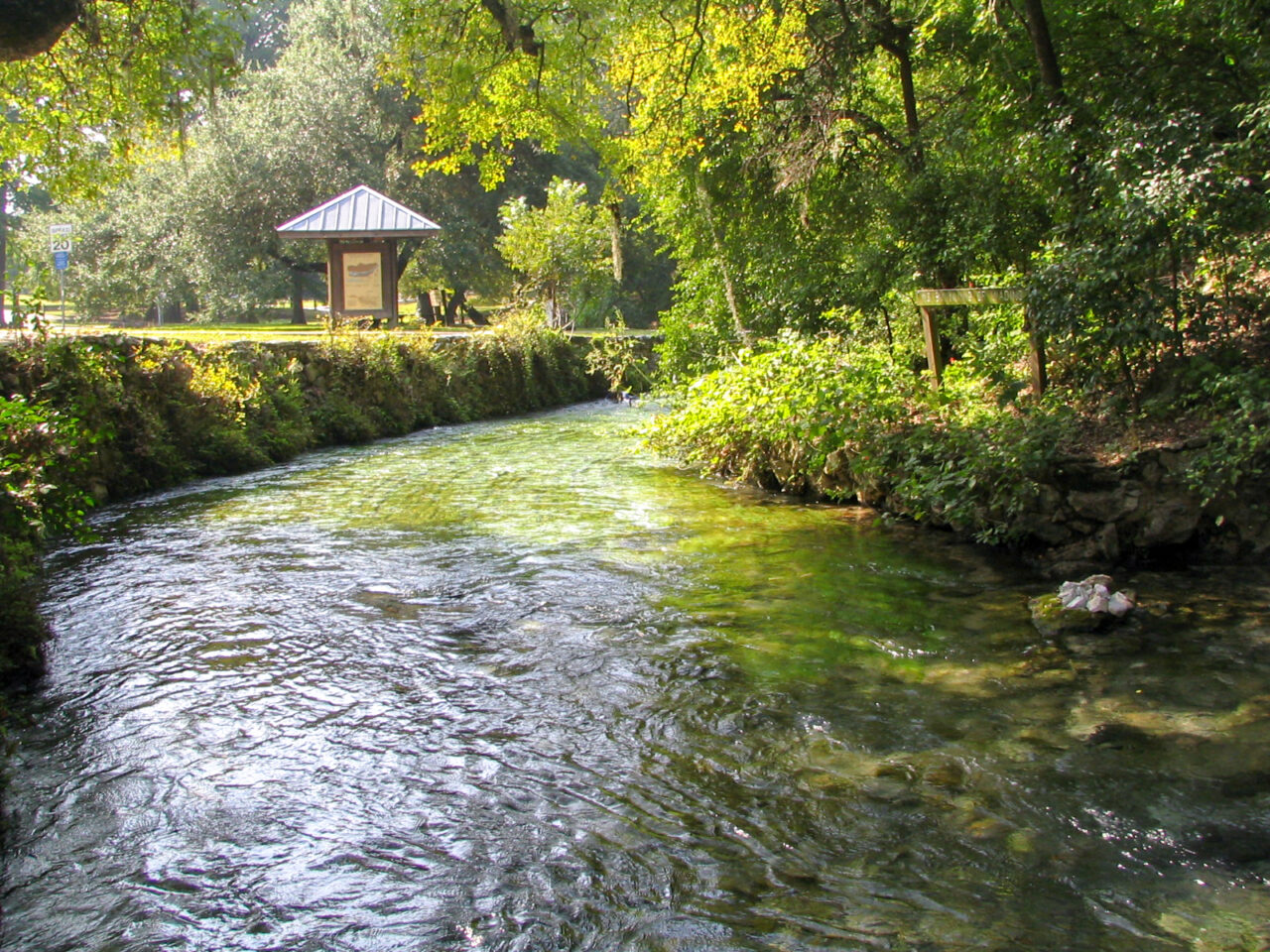2025
Comparably’s Best Company Outlook
* Providing engineering services in these locations through SWCA Environmental Consulting & Engineering, Inc., an affiliate of SWCA.

From the experts we hire, to the clients we partner with, our greatest opportunity for success lies in our ability to bring the best team together for every project.
That’s why:
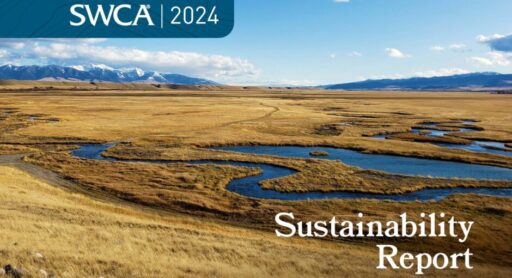
At SWCA, sustainability means balancing humanity’s social, economic, and environmental needs to provide a healthy planet for future generations.
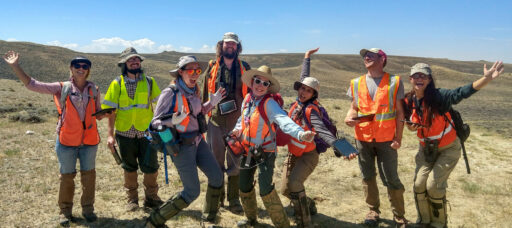
SWCA employs smart, talented, problem-solvers dedicated to our purpose of preserving natural and cultural resources for tomorrow while enabling projects that benefit people today.
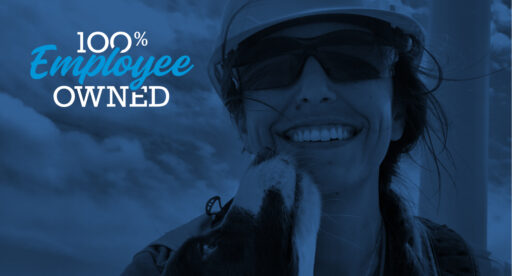
At SWCA, you’re not just an employee. You’re an owner. Everyone you work with has a stake in your success, so your hard work pays off – for the clients, for the company, and for your retirement goals.
Blindcats of the Edwards Aquifer: Navigating Data Gaps and High Stakes Regulatory Decisions
Amanda Glen is SWCA’s natural resources technical director for biological services and provides strategic guidance on permitting and compliance for matters involving protected wildlife, plants, and habitats. Currently managing a national practice, she has more than 25 years of consulting experience with an emphasis on the Endangered Species Act (ESA) and how compliance with the ESA influences other regulatory programs. Her wealth of experience pertaining to endangered species issues includes research, permitting, consultations, status reviews, and conservation planning. Her experience includes negotiating compliance solutions for critically imperiled species facing potential determinations of jeopardy or adverse modification of designated critical habitats. She has led efforts to delist species no longer requiring the protections of the ESA when supported by sound science, and has been involved in voluntary conservation planning to help preclude the need to list species. Amanda frequently presents at regional and national conferences on matters related to the ESA, including new listings, regulatory and policy changes, and trends in compliance strategies.


In the depths of the Edwards Aquifer beneath San Antonio, Texas, the Toothless blindcat and Widemouth blindcat exist in an environment unseen by humans. First discovered in the early 1900’s after emerging from a groundwater well and now considered by some scientists to be among the rarest fish in the world, these species of blind catfish have sparked conversations over four decades regarding their potential protection under the Endangered Species Act (ESA).
Despite this history of attention by scientists, significant gaps in our understanding of these unique catfish remain. The challenge of accessing their subterranean habitat leaves many questions about their populations, behaviors, and ranges unanswered. From a legal standpoint: is the best scientific information available on these species enough to justify a decision to protect them?
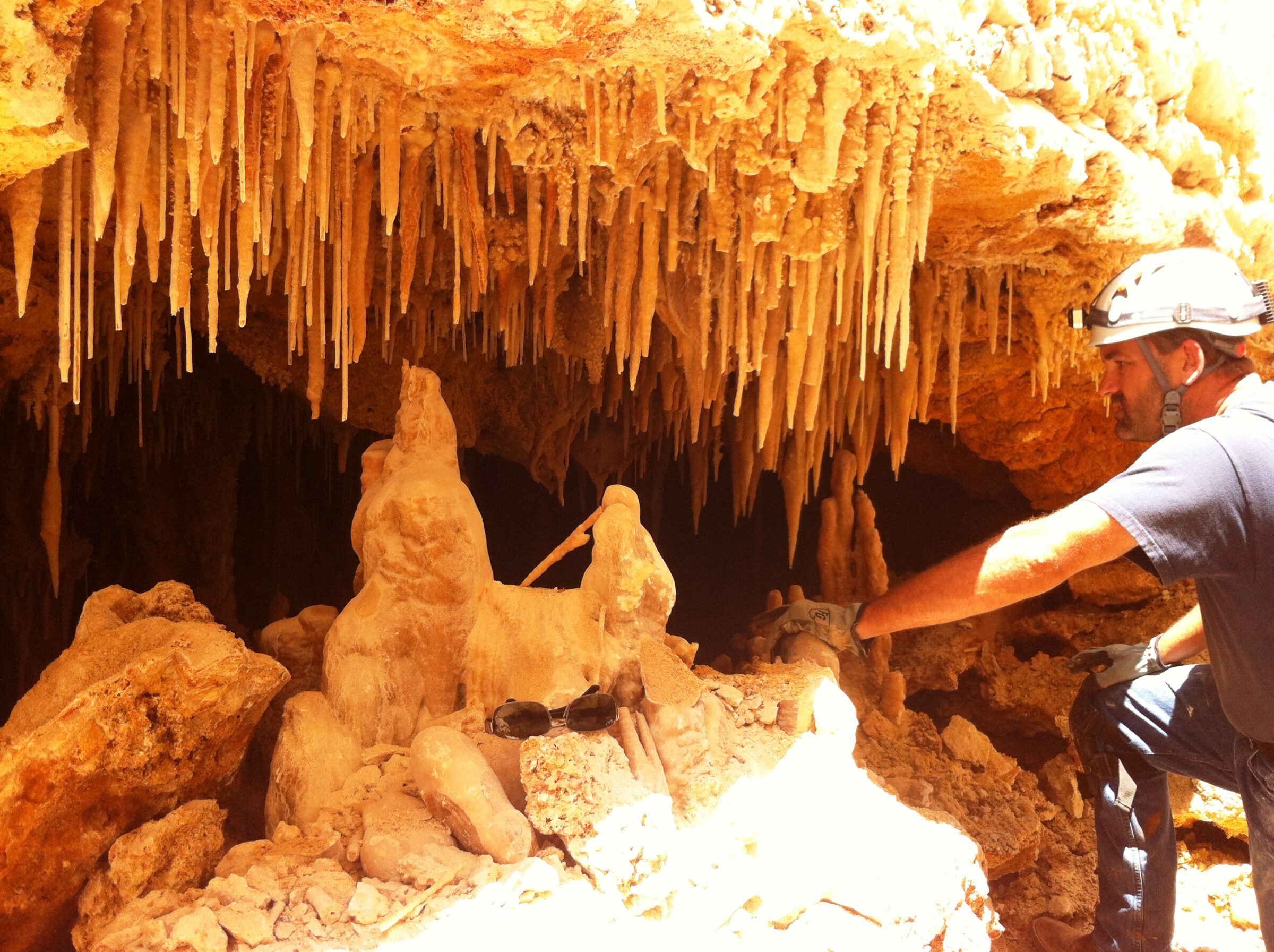
Further muddying the waters, the proposal to list the blindcats as endangered has serious implications for the people and communities that rely on the Edwards Aquifer. If listed, actions that would kill or injure the blindcats, such as using groundwater wells that pull from blindcat habitat, would become illegal without a permit from the U.S. Fish and Wildlife Service. San Antonio relies almost entirely on groundwater wells for its municipal water supply. If the blindcats are listed as endangered, San Antonio’s water supply would be subject to new regulation that could cause the city to seek other water sources. This dilemma highlights the intricate balance between meeting human needs and environmental conservation.
Eager to learn more about what the blindcats’ potential listing could mean for San Antonio? Join Amanda Glen, SWCA’s senior natural resources technical director, as she discusses these issues and more with environmental attorneys Daniel Pope and Ann Navaro in the latest Bracewell Environmental Law Monitor podcast episode.
